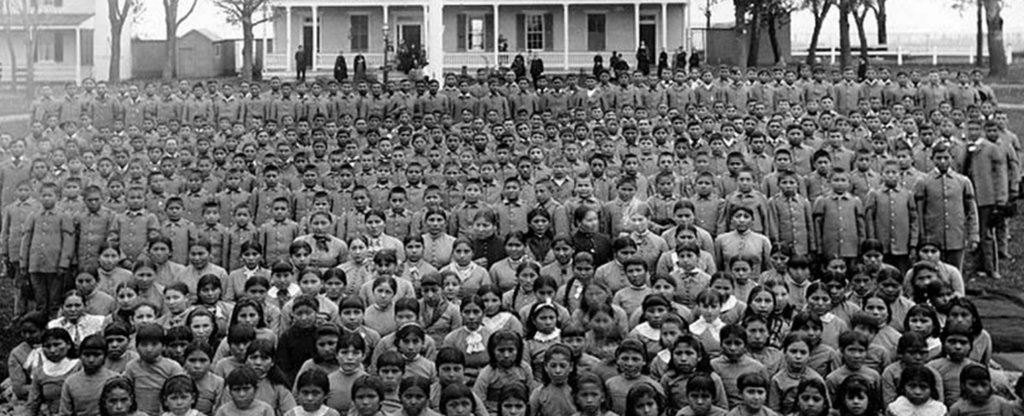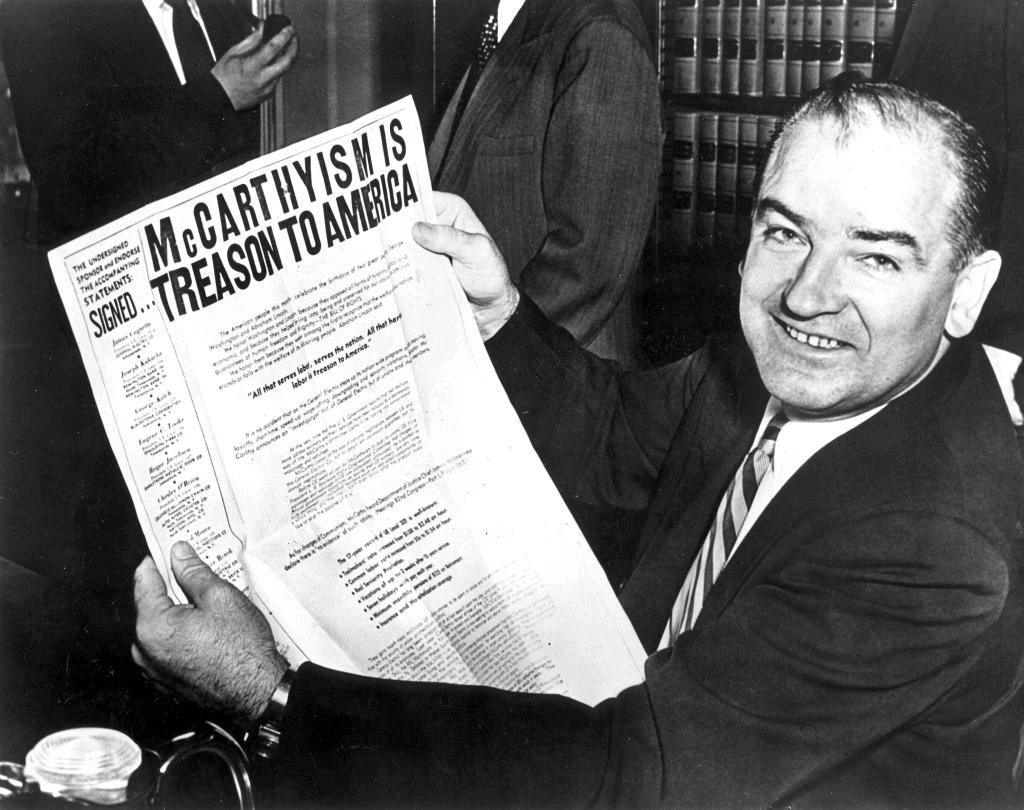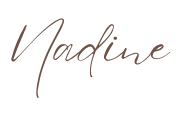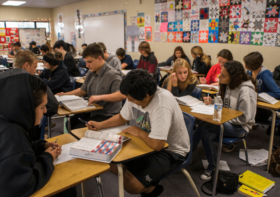Recognizing Propaganda: The Dangers of Misrepresentations in Curriculum

“Those who control the past control the future. Those who control the present control the past.” So wrote George Orwell in 1984, vividly capturing how shaping narratives shapes power. His words hold disquieting relevance for curriculum battles raging nationwide.
As issues like history, civics, and sex education become increasingly polarized, the dark arts of propaganda and misrepresentation emerge. School boards and legislatures alter standards and textbooks along partisan lines. Facts get sacrificed to ideologies aiming to control collective memory and identity.
This politicization of curriculum should deeply concern anyone invested in healthy democracies. Teaching the next generation requires a steadfast commitment to truth and nuance, not whitewashing and manipulation.
Historical Propaganda Efforts in Education
Attempts to inject propaganda into curriculum have a long troubling history we would do well to remember.

In the late 19th and early 20th century, Native American youth were forcibly assimilated through boarding schools aimed at eradicating Indigenous culture from the next generation. Curriculum presented colonialist narratives and religious indoctrination rather than honest history.

During the Cold War era, McCarthyist pressures bred censorship of curricular materials deemed too leftist or “un-American.” Teachers were forced to take loyalty oaths as classrooms became battlegrounds for ideological disputes disconnected from balanced scholarly inquiry.
From minimizing slavery’s horrors to presenting the Civil Rights Movement as seamlessly progressive, the “Lost Cause” mythology long permeated history texts in ways that erased racist realities and voices of the oppressed.
The Vital Societal Role of Curriculum
Curriculum holds immense influence over young minds and worldviews during prime developmental years. The lessons imparted lay personal and societal foundations.
Done right, curriculum nurtures qualities vital for engaged citizenship: critical thinking, intellectual humility, empathy, respect for truth, ability to evaluate varied sources. It provides tools to understand different experiences and interrogate one’s own blind spots and unexamined assumptions.
But wedge issues offer opportunities for ideological indoctrination and tribalism. Simplifying complex topics into heroes and villains. Erasing inconvenient truths from collective memory. Framing injustice as inevitable. Exalting the dominant perspective as neutral while attacking marginalized voices as “politicized.”
Propaganda in Action: Distorting History Education
Nowhere do curriculum battles flare hotter than around history, which forms collective memory and identity. The ability to confront hard truths undergirds social progress.
Yet reactionary efforts increasingly aim to scrub history education of “divisive” discomforts that disrupt triumphalist mythmaking. Systemic racism, violence against marginalized groups, and colonialism face erasure through propaganda tactics like:
- Banning “critical race theory” under a broad umbrella encompassing basic history education on racism.
- Passing laws restricting discussions of identity, oppression, privilege and marginalization.
- Eliminating diverse curriculum review boards.
- Mandating “patriotic” education centered on dominant groups’ priorities.
- Intimidating teachers and chilling speech through threats of retaliation.
Under the guise of neutrality, these moves enforce normative perspectives that alienate youth of color and dangerously limit understanding.
Case Study: Propagandizing Curriculum Across the Ideological Spectrum
It’s vital we remain vigilant against partisan propagandizing of curriculum from all ideological directions.
On the one hand, reactionaries push debunked, whitewashed versions of history and limit health education to abstinence-only messaging. This propagandized curriculum erases truths about systemic inequities and denies students vital knowledge.
But concerns also exist about inappropriate materials from another direction. For instance, some seek to make sexually explicit content widely accessible in schools without parental consent. While book banning goes too far, calls for oversight have merits. Age-inappropriate materials, including pornographic content, require reasonable restrictions shielding developing minds.
Complex lines must be navigated in making diverse materials available while considering maturity levels. Banning books limits discourse, but forcing exposure without consent raises serious concerns.
As politically charged rhetoric swirls, we must find solutions that respect diverse views, uphold educational values, and avoid partisan extremes. Curriculum should inform students with facts and critical thinking skills, not indoctrinate polarized worldviews. There are legitimate concerns from both sides that require reasoned debate.
Resisting Propaganda Requires Inclusion and Nuance
Combating propaganda’s dangers in curriculum requires embracing nuance and inclusion. Teachers need academic freedom to discuss complex realities without fear. Diverse stakeholders must help shape standards and materials reflecting their experiences, not just dominant narratives. Politicians must not impose partisan political agendas on subjects requiring honesty.
Most importantly, we must equip students to think independently, ask questions, check sources, and develop informed perspectives grounded in facts and multifaceted analysis. A healthy society depends on citizens able to parse propaganda, seek truth, and build a just world.
What are your thoughts on misrepresentations in curriculum? How do we nurture critical thinking and highlight diverse perspectives?



